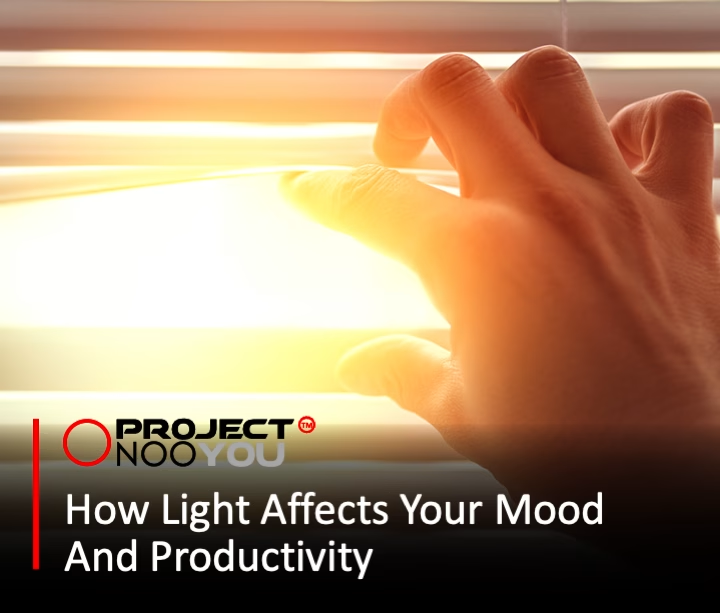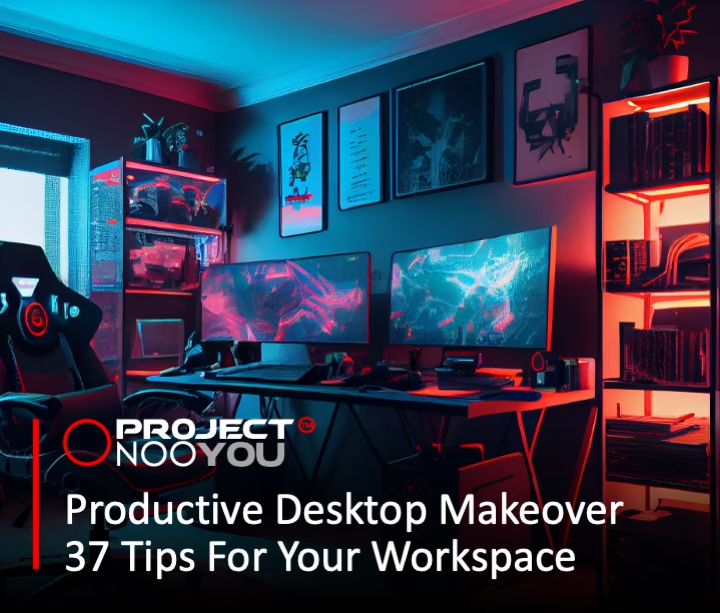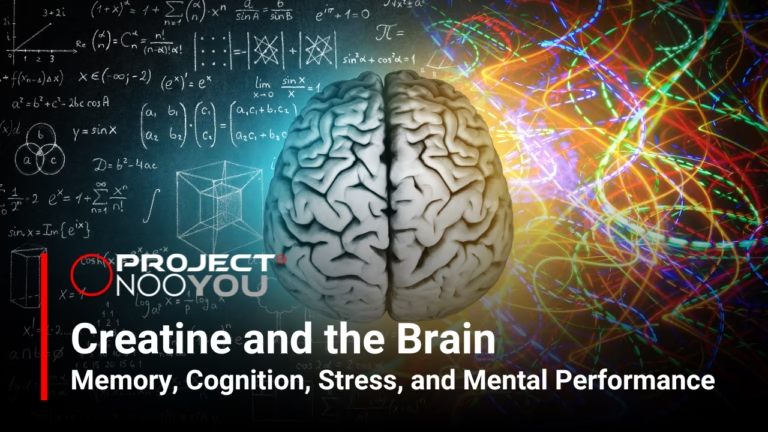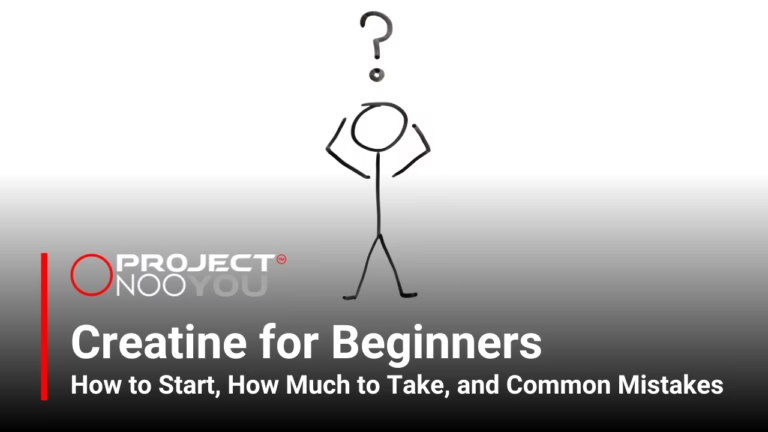That age old question… Does light affect productivity?
Well, if you’re a home worker or solopreneur then you’ll likely already know how light and your environment can have a huge impact on mood and productivity.
According to scientists, light has the ability to change the way we feel and work.
We may not pay much attention to it, but making some adjustments in the type and amount of light we get can have huge benefits.
Studies show that exposure to bright light can make us more alert and improve our performance, productivity and quality of sleep, but can also ward off depression.
On the other hand, poor lighting can make us more tired and stressed by causing a drop in cortisol levels. One study showed that light can even increase or decrease the intensity of our emotions, which is down to the perception of heat.
So how does light affect us and what can we do to take advantage of those effects?
Phone Screen Lights
Have you ever noticed that your phone is costing you sleep?
Most people have at some point thought ‘I’ll just check my Facebook for a few minutes and then go to sleep’, only to find themselves still up and scrolling away mindlessly an hour later.
For some of us, it’s a nightly occurrence. You might think that it’s just the distraction of social media that’s keeping you up, but it’s more complicated than that. The type of light emitted by phones affects our brains and stops us from sleeping.
During the day, our phone screens help us to see them better by emitting blue light. However, when bedtime comes, this blue light becomes our enemy.
It tricks our brains into thinking that we’re not ready for bed by mimicking the effects of sunlight. As a result, melatonin production is stunted, keeping us awake and disrupting our sleep cycle.
This has adverse affects our on energy levels, memory, ability to learn and general cognitive function the next day, and in the long-term, too.
Tips:
• Give yourself a phone curfew. Try to stop using your phone an hour or two before you go to bed.
• Some phones have an ‘eye comfort’ feature that enables you to adjust the level of blue light it emits, relieving visual fatigue.
In some cases, you can schedule it to do it automatically in the evening. If you’re one of those people who loves scrolling through Instagram in bed and can’t put your phone down, this is a good compromise. If your phone doesn’t have this feature, use an app like Twilight.
For more information about how sleep can improve your mood and productivity check out our post – 5 tips for better sleep.
Sunlight
Seasonal Affective Disorder (SAD) or ‘winter blues’ causes lots of people to show signs of depression when the weather gets worse and the days get shorter.
This is partly due to genetics and brain chemistry, but another key element is light, or the lack of it. Even if you’re not affected by SAD, paying close attention to how it works can yield positive effects.
The winter season can often mean that people see very little natural light at all.
On the shortest days, 9-5 workers find themselves going to and from the office in the dark, only being exposed to artificial light at work and at home.
It’s easy to see why that would be depressing for some. In that same vein, many of us perk up during the summertime response to long, sunny days.
It has been proven that exposure to bright light alleviates symptoms of Seasonal Affective Disorder, but that doesn’t mean we have to rely on good weather and spend half the year waiting for summer. Artificial light can also have the same effect.
Replacing lost sunlight with bright artificial light results in better mood, but timing is key. According to Dr. Alfred Lewy, who specialises in this area, the most important time to get light is in the morning.
In one of Dr. Lewy’s studies, patients who regularly suffered from Seasonal Affective Disorder showed significant improvements after being exposed to bright light every morning for one week.
Crucially, this also resulted in increased and earlier production of night-time melatonin, which helped patients with their sleep patterns. Both bright light in the evening and dim light at any time had no effect.
Tips:
• Wake up as close to sunrise as possible. Even if you wake up at 8am, you’re still missing out on a few valuable hours of mood-boosting sunlight.
• If you’re not a morning person, just make some adjustments when you do wake up. Throw all the curtains open and let as much natural light in as possible. That will ward off that groggy morning feeling and get you going more quickly.
Home and Office Lighting
It’s not just a lack of light that is detrimental to productivity. The specific type of lighting is also important to consider.
The harsh fluorescent light that is often found in office buildings can make it difficult to focus, but lighting that is too dim can mean that you have to strain your eyes to see better, making you more tired and less alert.
Changing the type of lighting in your working environment can make you more productive.
Tips:
• Avoid dim or flickering lights and opt for natural light where possible.
• If you work or study at home, try changing things up and moving to a cafe, library or co-working space. You might find that the change in stimulus boost your mood and productivity.
